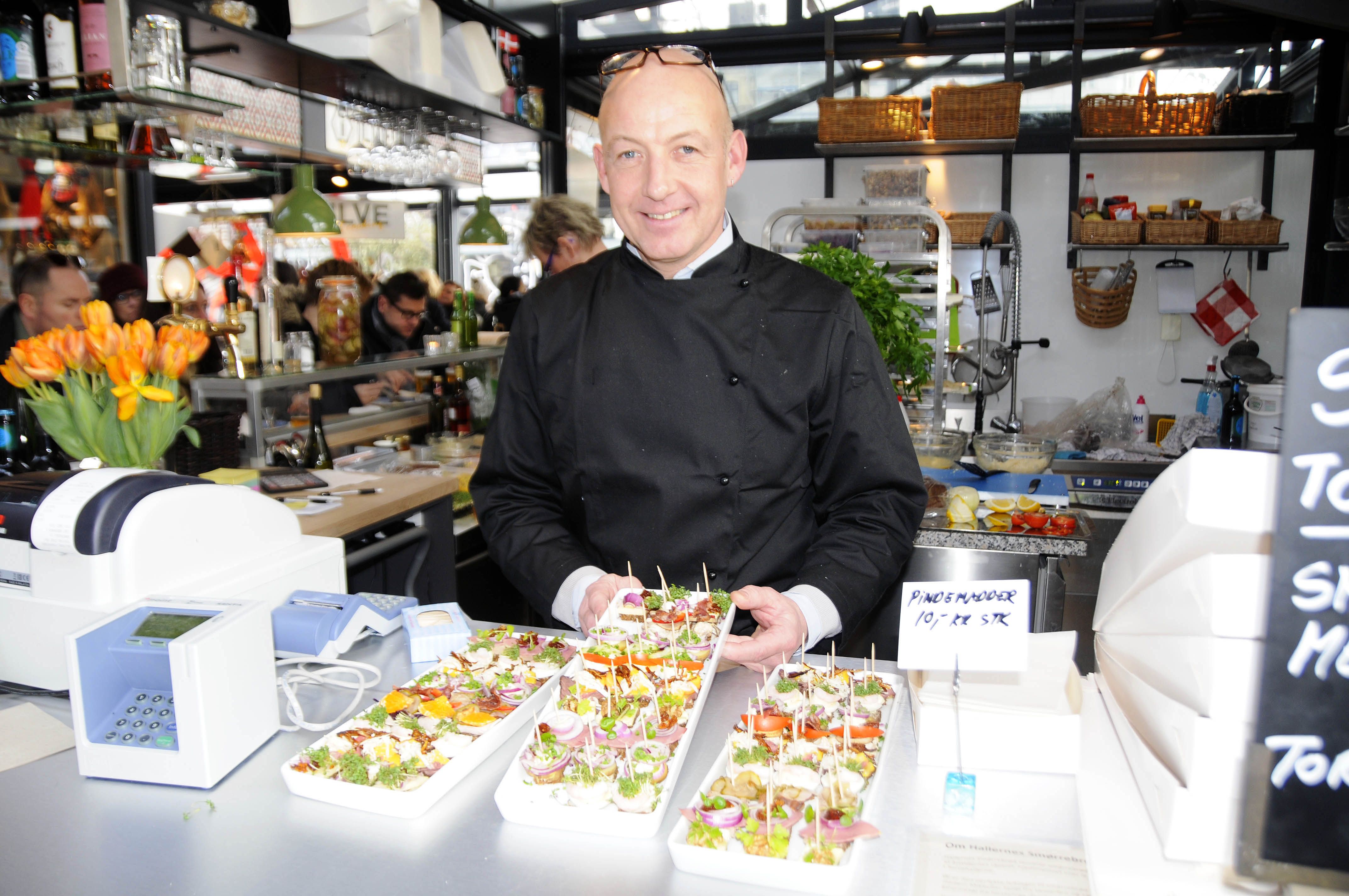With many of you preparing to celebrate your first Danish Christmas on December 24, maybe it’s worth asking why the Danes tend to do everything so early. From starting and leaving work to showing up punctually to parties, they are the early bird that catches the worm – which explains the guttural speech sounds but not why they’re so prompt!
This is particularly true of mealtimes, which tend to be much earlier than in other cultures. Those new to Denmark might on their first day at work race to the canteen at 11:55 expecting to beat everyone to the lunch queue, only to find they’re the last. And by the time the dinner gong sounds in Italy or Spain, the Danes have already gone to bed.
A tradition well dug in
So why do they eat so early? Is it more than simply a habit instilled in childhood? Karen Klitgaard Povlsen, a professor at Århus University, contends it goes back further than that.
“This cultural trend of eating early in the day is common in Nordic farming cultures,” she told the Weekly Post.
“It is basically a left-over from earlier northern European farming traditions.”
The physically demanding nature of farming work in the old days meant that people generally ate smaller meals more frequently in order to keep the energy going throughout the day.
A lot of refills
The tradition of frequent meals continues with the Danish coffee-break custom.
In Denmark ‘afternoon coffee’ classically refers to an afternoon break involving a cup of coffee usually accompanied by cake of some sort. Traditionally this coffee break is also enjoyed in the evening post-dinner – ‘evening coffee’ – which also commonly includes a sweet or dessert.
Some employers also include a mid-morning coffee break at 10 am (‘10-coffee’). It’s no wonder Denmark has become famous for serving coffee in huge thermoses ready for countless refills throughout the day.
Strict schedules
Marie Frederiksen, a social worker from Aarhus who was raised in an east Jutland farming community, contends that the work activities of the day are usually planned around meal times in the rural districts, and it is therefore expected that these times are adhered to.
“In my family you’d get up in the morning and have your breakfast, then have lunch at 12:00, afternoon coffee at 15:00, and dinner at 17:30 – just in time to catch the news at 18:00 – and then you would have evening coffee around 20:00,” she revealed.
Beware of the Wolf Hour
Some believe that the habit of having meals early is mainly relevant in families with children.
“When both parents work full-time jobs, it ends up becoming a matter of timing dinner with school and shop closing hours,” explained Gitte Juel, a senior consultant who lives in Copenhagen.
In Denmark, the term ‘the Wolf Hour’ is used to describe that critical time of day after work and before dinner when parents are busy picking up children from daycare, doing grocery shopping, preparing food etc – often with tired, grizzly children in tow.
Meal times do appear to be distinctly more fluid in households without children, as Dorthe Lindner, a customer services consultant from Jyllinge, asserts. “Dinner time in our house can be anytime from 18:00 to 20:00,” she said. “But then we don’t have children either.”
Early starts make sense
Schools in Denmark start early – at 8 or 8:15 am in most cases, compared to 9 am in the majority of other European countries.
It is argued that the earlier they start, the more they can fit into the daylight hours, which in winter aren’t in plentiful supply.
Order please
It doesn’t take anyone new to Denmark long to realise that their hosts love rules and regulations,” contended Frederiksen. “Dining at set times for centuries has reflected their strong adherence to traditions and love of order and routines.”
Take smørrebrød for example. Making them, there are hundreds of rules regarding how you must stack your ingredients correctly. And they are not hesitant about helping foreigners to ensure the correct order and combination is being observed.
“Introducing some rogue humus to your roast-beef rye sandwich will not earn you a medal for ingenuity,” warned Britta Schmidt, a school teacher from Nyborg. “Rather, instead, a look of surprise, and then concern, before someone steps in and shows you the way.”
Yule do as you’re told
With Christmas here, we are reminded of the countless customs that revolve around the holiday. Celebrated on the eve of December 24, most Danes are baffled why anyone would want to celebrate Christmas on the 25th in broad daylight, devoid of candle-lit cosiness.
And don’t be surprised if the Danes don’t appear overly curious or interested when you tell them about your ways,” warned Sarah Groth, a Danish designer who now lives in Auckland “Danes are proud of their own traditions and have a general tendency to assume their way is the better one – in most matters.”
“It’s got a lot to do with tradition – we do things because that’s what we’ve learnt,” enthused Schmidt. “Just like the British would surely drop dead without their tea!”













